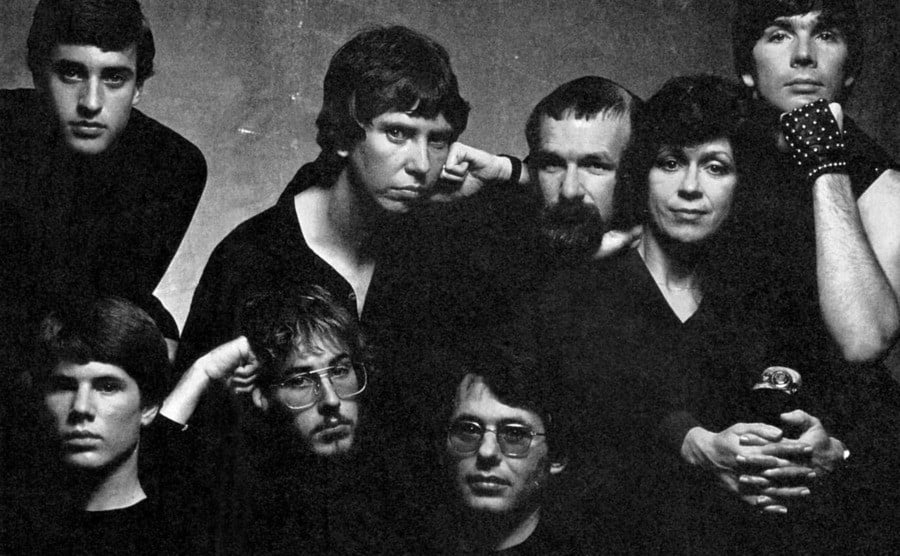
When Electronic Arts was formed back in 1982 by Trip Hawkins, it offered a bold vision for the games industry.
True to its name, the company referred to developers as artists and, using the slogan "We see farther," it took out lavish advertisements which put game developers front and centre. Its debut ad of this type is notable for being the first game promotion to feature the people behind the games rather than the games themselves, and featured industry legends such as Bill Budge, Danielle Bunten Berry and Mike Abbot.
The firm has clearly been on quite a journey since those days; the visionary Hawkins left in 1991 to establish The 3DO Company, and EA's focus has shifted over the years from celebrating artists to simply becoming one of the biggest publishers on the planet. With brands such as Madden, EA Sports FC / FIFA and Battlefield under its belt, EA is a huge player in this industry – which makes its recent admission that it's totally sold on AI all the more disappointing.
During its recent Investor Day 2024 presentation, AI was the buzzword on everybody's lips, although they were trying to pitch it as a positive rather than a negative. CEO Andrew Wilson (a former supporter of NTF and blockchain technology, lest we forget) claimed that over 100 different AI-led projects had been undertaken by the company, and was keen to stress that EA is embracing AI for reasons of "quality" and "lowering friction points."
Other EA staffers took the stage to show off AI-related tricks such as created a 3D character from a photo, and a clip was shown which conceptualised how two players might create their own game using AI. The reaction hasn't been all that positive, as you might imagine.
While the presentations were keen to dress up this approach under the theme of "efficiency", it feels like a spectacularly dumb strategy when you consider that the games industry alone has shed over 20,000 jobs in the past two years. While EA tries to claim that AI aids game developers, it's pretty obvious that it will do the exact opposite – it will mean countless more developers, artists, and composers will lose their jobs when it becomes clear that they're no longer needed to actually create the art, music, characters or code themselves.
There's already been a lot written about generative AI and its ability to mimic human creativity, and a huge portion of the industry remains resolutely sceptical that entirely AI-generated video games will offer the same quality, depth and enjoyment as those painstakingly crafted by real people.
It's also worth asking if the economy of this situation makes sense; by making games easier to produce, logic says that the barrier to production drops and even more games will be made – but can this industry really sell more games? Reducing the cost of development means nothing if you're not generating revenue at the other end. Despite the fact that the same big brands sell year in and year out, consumers still expect quality and depth, not cookie-cutter products spat out by a computer with little human intervention.
Whatever the outcome of that argument, it's a shame that a company like EA – which was founded on the idea that developers are artists who should be acclaimed and celebrated in the same way as musicians, filmmakers and painters for the impactful content they create – seems to be at the point where it's looking to take these artists out of the picture.
